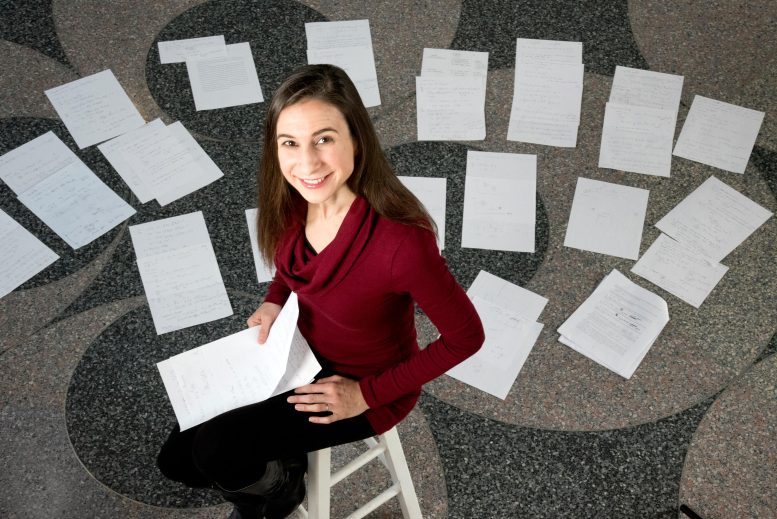
Duke professor becomes second recipient of AAAI Squirrel AI Award for pioneering socially responsible AI.
Whether preventing explosions on electrical grids, spotting patterns among past crimes, or optimizing resources in the care of critically ill patients, Duke University computer scientist Cynthia Rudin wants artificial intelligence (AI) to show its work. Especially when it’s making decisions that deeply affect people’s lives.
While many scholars in the developing field of machine learning were focused on improving algorithms, Rudin instead wanted to use AI’s power to help society. She chose to pursue opportunities to apply machine learning techniques to important societal problems, and in the process, realized that AI’s potential is best unlocked when humans can peer inside and understand what it is doing.

Cynthia Rudin, professor of electrical and computer engineering and computer science at Duke University. Credit: Les Todd
Now, after 15 years of advocating for and developing “interpretable” machine learning algorithms that allow humans to see inside AI, Rudin’s contributions to the field have earned her the $1 million Squirrel AI Award for Artificial Intelligence for the Benefit of Humanity from the Association for the Advancement of Artificial Intelligence (AAAI). Founded in 1979, AAAI serves as the prominent international scientific society serving AI researchers, practitioners and educators.
Rudin, a professor of computer science and engineering at Duke, is the second recipient of the new annual award, funded by the online education company Squirrel AI to recognize achievements in artificial intelligence in a manner comparable to top prizes in more traditional fields.
She is being cited for “pioneering scientific work in the area of interpretable and transparent AI systems in real-world deployments, the advocacy for these features in highly sensitive areas such as social justice and medical diagnosis, and serving as a role model for researchers and practitioners.”
“Only world-renowned recognitions, such as the Nobel Prize and the A.M. Turing Award from the Association of Computing Machinery, carry monetary rewards at the million-dollar level,” said AAAI awards committee chair and past president Yolanda Gil. “Professor Rudin’s work highlights the importance of transparency for AI systems in high-risk domains. Her courage in tackling controversial issues calls out the importance of research to address critical challenges in responsible and ethical use of AI.”
Rudin’s first applied project was a collaboration with Con Edison, the energy company responsible for powering New York City. Her assignment was to use machine learning to predict which manholes were at risk of exploding due to degrading and overloaded electrical circuitry. But she soon discovered that no matter how many newly published academic bells and whistles she added to her code, it struggled to meaningfully improve performance when confronted by the challenges posed by working with handwritten notes from dispatchers and accounting records from the time of Thomas Edison.
“We were getting more